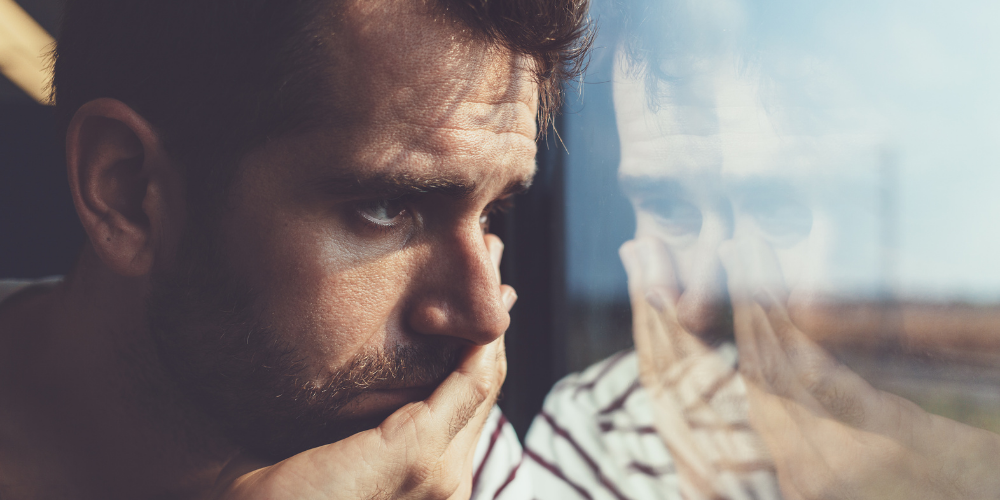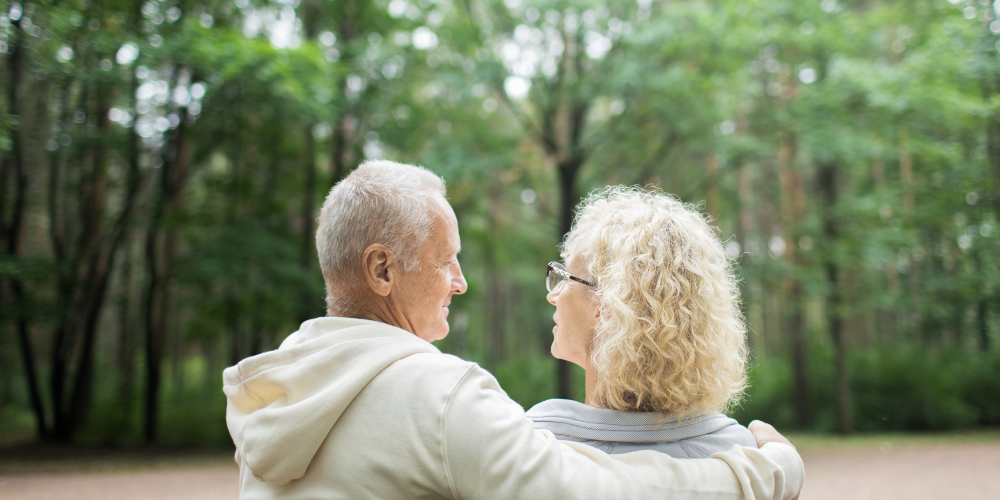The Difference Between Sadness and Depression

Have you ever felt down and wondered, is this depression? It’s normal to feel sad, irritable, or low now and then – so at what point does sadness become depression? Learn more about the difference between sadness and depression.
The difference between sadness and depression
Depression can look very different from one person to the next. Symptoms of depression can even manifest in completely opposite ways across individuals. For example:
- One person with depression might lose their appetite and lose weight, whereas another person with depression might eat more and gain weight.
- Depression can be associated with insomnia for some and sleeping too much for others.
- Some people with depression will appear mopey and slowed down, whereas others with depression will appear antsy and restless.
This variation might make depression hard to spot in yourself and in others. Although there may be many differences in the way depression can present itself, there is one key component that must be present for a person to be considered clinically depressed:
For most of the day and nearly every day in the same two week period, the person experiences 1) feelings of sadness, irritability, emptiness, or hopelessness, or 2) a general loss of interest or pleasure in previously enjoyed activities.
That is, whereas feelings of sadness will come and go, depression tends to be unrelenting.
Other possible symptoms of depression (which may or may not be present) include:
- Fatigue or loss of energy
- Feelings of worthlessness and/or guilt
- Difficulty concentrating or making decisions
- Thoughts of death
Symptoms of depression can be mild, moderate, or severe. Generally, the level of severity depends on the intensity of the person’s distress as well as the extent to which the symptoms of depression interfere with the person’s ability to function in their daily life.
Depression is a serious condition that should not go untreated. Knowing the difference between sadness and depression, as well as the signs of depression, can help to identify when it’s time to get help.
If you are suffering, know that help is available from the safety of your own home. GLPG makes it easy to get started with online therapy. If you’d prefer to start online therapy in the wake of the pandemic but anticipate that you’d prefer to switch to in-office therapy at some point, you have the option of choosing a GLPG network therapist located in your community.
Ready to prioritize your mental health?
Great Lakes Psychology Group is here to help. With an extensive network of caring therapists available to meet online or in-person, we make it easy to find the right fit for your unique needs.



